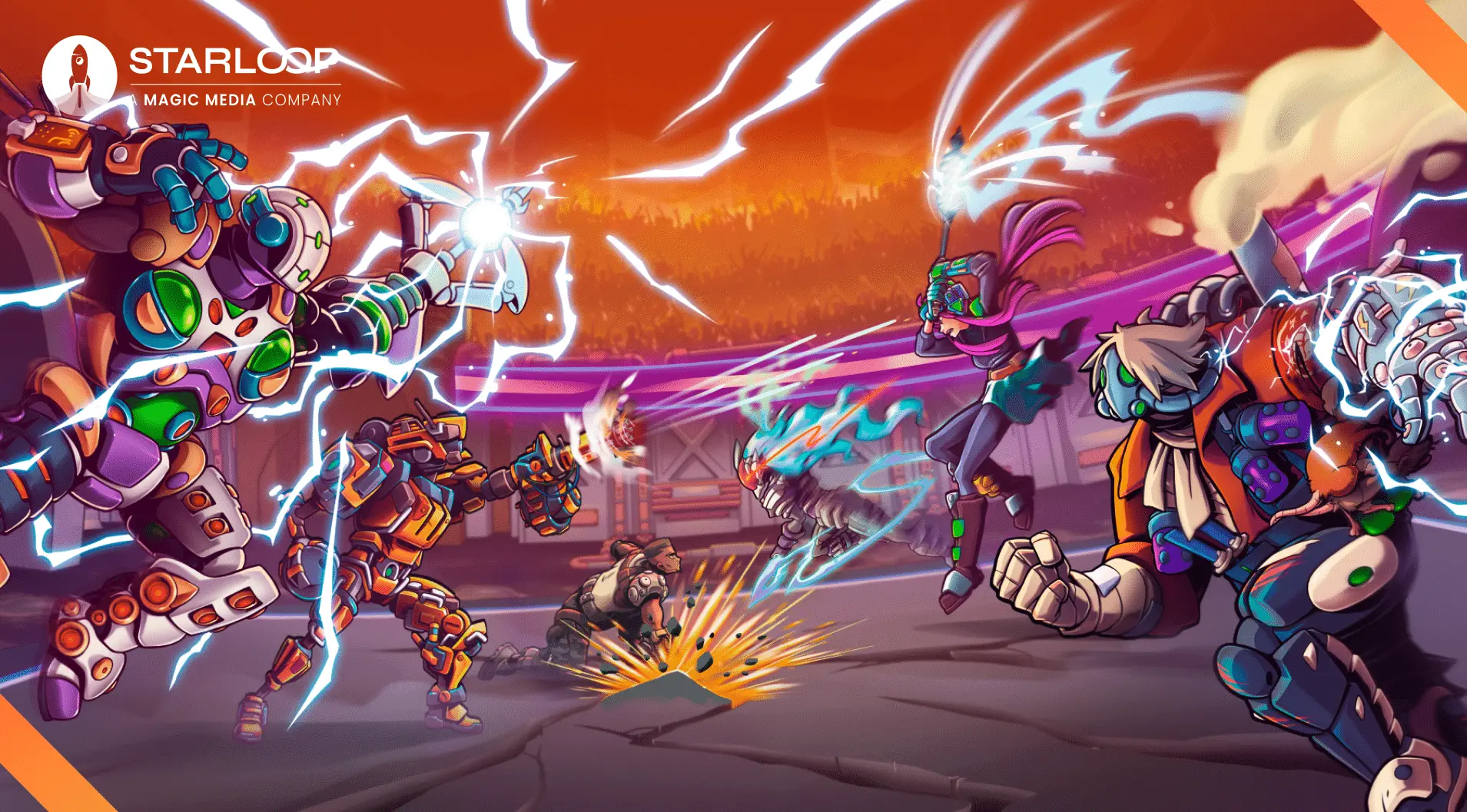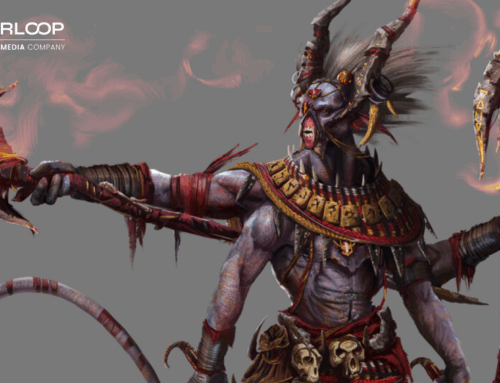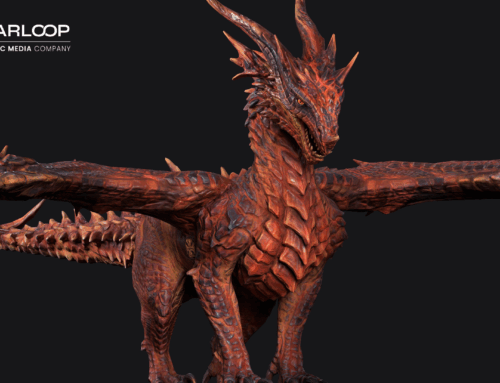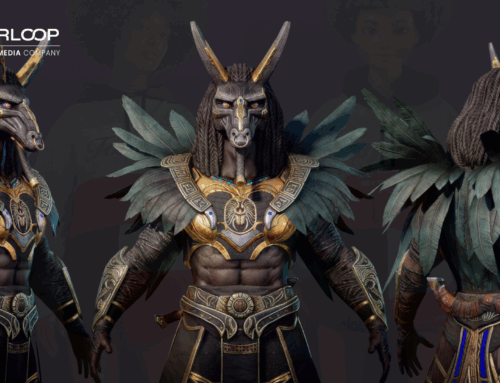In the competitive world of mobile game development, selecting the right game engine is a critical decision that can shape your project’s success. Two standout options are Unity and Godot, both of which bring unique strengths to the table. At Starloop Studios, part of the Magic Media group, we have deep expertize with both engines, offering insights to help developers navigate this important choice.
What is Unity Game Engine?
The Unity game engine is one of the most popular game engines. Some of the most successful games of all time have been created using Unity, such as Pokemon GO, Among Us, Fall Guys, and numerous other titles on every platform imaginable. Unity is renowned for the sheer breadth of platforms it supports, including everything from consoles to PC, augmented reality, virtual reality, and many more lesser-known platforms. It’s popular for iOS and Android game development, and it is considered beginner-friendly, making it a reliable choice for development studios of any skill level looking to develop a new mobile project.
What is Godot Game Engine?
Though arguably less well-known than Unity, Godot game engine is a go-to choice for many mobile game developers. Godot is a free open-source game engine, making it very popular among independent developers. It supports the development of 2D and 3D games for mobile, PC, web-based games, and as of its 4.0 updated, virtual reality headsets. Though it doesn’t boast as many high-profile games created using the engine, Godot is considered easy to use even for non-programmers, so much so that it has been adopted for use in some educational institutions for purposes other than game development.
Unity and Godot Performance
In terms of their performance, Unity and Godot have some key differences. Godot’s 2D engine is separate from its 3D one, meaning that 2D mobile games can be created with great efficiency without worrying about 3D-related overheads. Furthermore, Godot uses a scene system where games are built using different scenes allowing the assets to load and unload as required, meaning that memory usage is low. As Godot is open source, skilled developers can dig into the engine and make customizations and optimizations as needed for their development endeavors.
Unity, on the other hand, is a robust 3D engine capable of using high-end features like real-time global illumination and post-processing effects more advanced than what’s available in Godot. Unity’s rendering capabilities are on a higher level than that of Godot, meaning that it could be the right choice if high-end visuals are a priority for your mobile game.
Unity and Godot: Ease of Use, Community, and Support
Of the two, Godot game engine is generally considered to be the more beginner-friendly. Its interface is straightforward with a focus on simplicity and ease of navigation. Godot uses GDScript, a high-level object-oriented language not too dissimilar from Python and it’s designed to be easy to learn. Though Godot doesn’t boast documentation quite as robust as Unity, there is more than enough there for beginners to get to grips with the engine and its language.
Unity has extensive documentation that details its features and operation comprehensively. While its interfaces might not be quite as easy to use, it’s difficult to get fully stuck with Unity due to its documentation and range of tutorials. Unity supports multiple languages including C#, Java, JavaScript, and more, providing plenty of options to developers with different language skills.
Unity also possesses a rather large and supportive community featuring countless discussion boards, forums, social media groups, and subreddits, that are extremely active. This is an invaluable resource for any developer who needs to solve a problem or simply ask a few questions. Though not quite as extensive as Unity’s community, Godot has an ever-growing community of developers who not only support each other through social media and forums but also actively work on the engine to help make it a better experience for everyone.
Unity and Godot Pricing
Unity and Godot differ significantly in their pricing, which can be a critical factor in determining the best game engine for your mobile game development project. Godot is completely free and open source – there are no subscription fees or payments of any kind associated with it. Everyone is free to download it and use it to its fullest extent. This has historically made Godot an attractive option for many small teams and beginner developers.
Unity has several pricing tiers which can directly affect its viability for some teams. There are some free plans, such as Unity Student and Unity Personal, but for access to various features, there are subscription-based options that vary in expense. It’s worth taking stock of your project and its release plans to figure out if any of these paid plans might be required.
Overview of Unity and Godot
Though both Unity and Godot ostensibly fulfill the same role in helping developers get their games made, there are plenty of details that studios need to consider before committing to any game engine.
It’s worth considering ease of use, finances, community, and support when determining which of these two game engines to use for your mobile game development project. Furthermore, consider the project itself – does it need to have high-fidelity visuals, or will its visual appeal come from interesting design choices? Is your game going to be released solely on mobile platforms, or will it come to consoles and other platforms too?
These questions are best asked during the earliest stages of a project’s concept development. Rather than leaving these critical decisions until later, making decisions early will save time and streamline the entire development process.
Starloop Studios provides expert gaming project services for all platforms, including full-cycle development for your platforms of choice, game porting, and more. As part of Magic Media, we offer a comprehensive range of services for gaming, entertainment, and tech projects. Contact Starloop Studios today to learn more!



